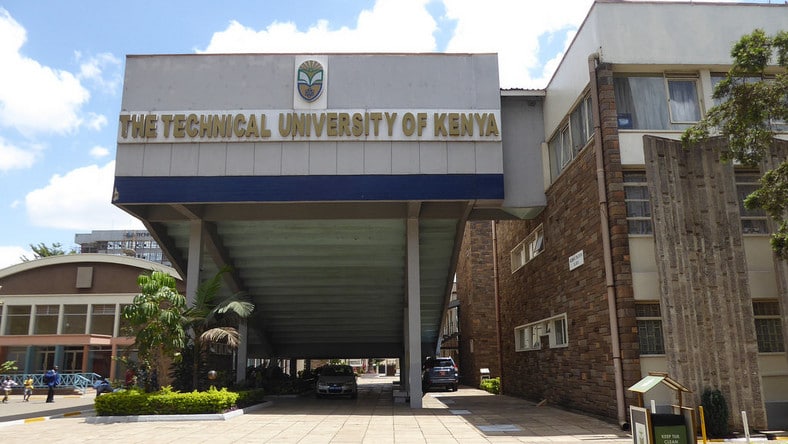Health Ministry advances primary healthcare networks across Kenya

The ministry reported that 160 PCNs have been established, with 41 more in progress. This means 87 per cent of counties have at least one operational PCN.
The Ministry of Health has unveiled significant strides in establishing primary healthcare networks (PCNs) nationwide, marking an advancement in Kenya's healthcare infrastructure. These networks serve as crucial entry points into the healthcare system, enhancing accessibility to essential services, according to a statement released by Principal Secretary Mary Muthoni on June 20th.
Mary Muthoni highlighted the transformative impact of investing in PHC, noting its role in healthcare strategy, national development, and societal well-being. "Through PHC, Kenya aims to build a robust healthcare system that promotes equity, strengthens economic productivity, and ensures a prosperous future for all citizens," noted Muthoni, urging active participation and registration with the Social Health Authority.
More To Read
- KMPDC launches 2026 licence renewal for doctors, health facilities
- Turkana County, Amref launch final phase of HIV, TB and reproductive care project
- Kiambu County dismisses claims of surge in infant fatalities due to doctors' strike
- Court orders equal pay for UHC nurses amid absorption plan
- Crisis: Audit uncovers deep funding, staffing woes in public hospitals
- Senator Omtatah demands Senate probe into hospital failures and teacher exploitation
The ministry reported that 160 PCNs have been established, with 41 more in progress. This means 87 per cent of counties have at least one operational PCN.
PCNs have demonstrated considerable success in delivering quality primary healthcare services, with increased outreach, disease screening, improved patient referrals, and better coordination among health workers.
In Garissa and Vihiga counties, Family Planning Integration Coverage increased from 66 per cent in 2019 to 87 per cent in 2022, and skilled deliveries rose from 77 per cent to 98 per cent in Garissa County. In West Pokot County, the Kacheliba PCN has been equipped with a functional theatre and increased human resources for health, significantly enhancing service delivery.
Meanwhile, in Lamu County, referrals to the newly established hubs have reduced the burden on the County Referral Hospital, streamlining healthcare access.
These networks have demonstrated substantial success in delivering quality healthcare, with improved outreach, disease screening, enhanced patient referrals, and better healthcare worker coordination. For instance, Garissa and Vihiga counties have seen notable increases in Family Planning Integration Coverage and skilled deliveries, while West Pokot's Kacheliba PCN boasts enhanced facilities and staffing, elevating service standards.
Key to this effort has been the training of 248 Master Trainers, pivotal in disseminating best practices and ensuring effective PCN functionality across counties.
The ministry’s innovative approaches further enhance service delivery, such as drone-enabled medical supply distribution in Kisumu County and obstetric ultrasound assessments in Kwale County, advancing prenatal care and complication detection. Monitoring and evaluation remain integral, supported by a National PCN Observatory for real-time tracking and transparency in PCN establishment.
The introduction of an electronic community health information system (e-CHIS) enhances data availability and accuracy, facilitating informed decision-making and resource allocation.
Rooted in a holistic, community-oriented approach, PHC addresses fundamental health needs while promoting health, preventing diseases, and supporting treatment and rehabilitation efforts.
Top Stories Today












































